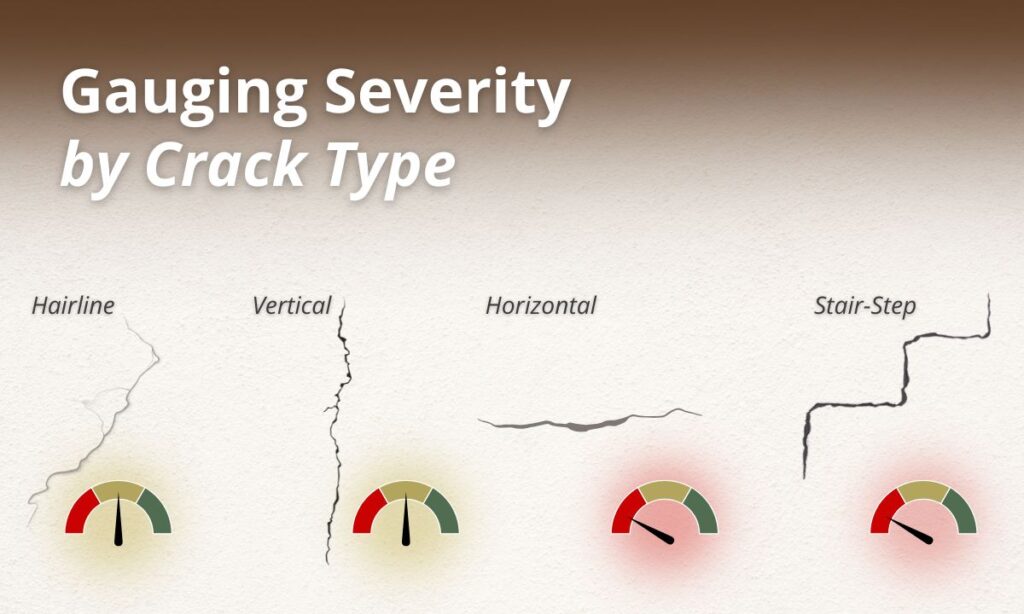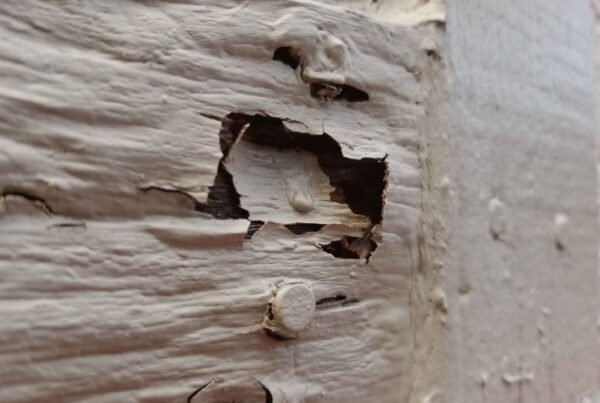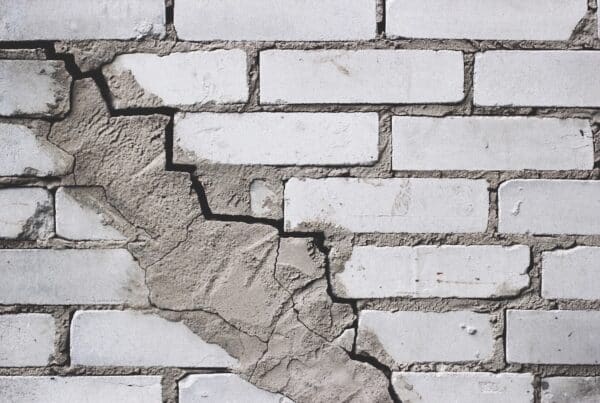Seeing a crack in your foundation can be unsettling. Many homeowners immediately worry about structural damage or costly repairs. But did you know that not all foundation cracks are caused by what you would expect?
In fact, some of the most common causes of foundation cracks are things most homeowners overlook. Let’s explore what might really be behind that crack in your foundation and what to do about it.
Types of Foundation Cracks
Before diving into the causes, it helps to understand that not all cracks are the same. Common types include:
- Hairline cracks: Very thin, often from normal settling
- Vertical cracks: Can result from settling or soil movement
- Horizontal cracks: More serious, often from pressure against the wall
- Diagonal cracks: May indicate uneven settling or shifting soil
The type, size, and location of the crack give important clues about the cause and severity.

Surprising Causes for a Crack in Your Foundation
Now, let’s look at the unexpected culprits behind many foundation cracks:
1. Tree Roots
Large trees planted too close to the home can cause soil to shift over time. As roots grow and expand, they displace soil around and beneath the foundation. This movement can create uneven pressure and lead to cracking.
It is often surprising how far tree roots can reach…sometimes extending 2 to 3 times the width of the tree canopy.
2. Plumbing Leaks
A hidden plumbing leak under or near the foundation can soften the surrounding soil. When this happens, parts of the foundation may settle more than others, leading to cracking.
Many homeowners do not think to check for plumbing issues when they notice a crack. But even a small leak can cause long-term damage if left unaddressed.
3. Poor Drainage Around the Home
If rainwater or runoff is not properly directed away from your home, it can cause the soil around the foundation to expand and contract. This repeated movement puts stress on the foundation.
Common drainage issues include:
- Clogged or misaligned gutters
- Downspouts that empty too close to the foundation
- Poor grading that allows water to pool near the home
4. Expansive Clay Soils
Certain types of soil, especially those rich in clay, naturally expand when wet and shrink when dry. In Ohio and other parts of the Midwest, expansive soils are a leading cause of foundation movement.
Even normal seasonal changes can cause the soil to shift enough to crack a foundation.
5. Vibration from Nearby Construction or Traffic
If there is major construction or heavy traffic near your home, vibrations can gradually weaken the foundation over time. This is especially true for older homes or those with already-settling foundations.
These small, repeated stresses may not seem significant at first, but they can contribute to cracking.
6. Temperature Fluctuations
In regions with wide temperature swings, materials expand and contract. Foundations are not immune to this movement. Freeze-thaw cycles, in particular, can cause water trapped in cracks to expand, making small cracks larger over time.
7. DIY Projects That Disturb the Soil
Home improvement projects like installing a new patio, pool, or retaining wall can change the load on the soil and foundation. If these projects are not planned with proper drainage and support, they can unexpectedly cause foundation stress.
Other Recommended Maintenance
To help prevent foundation cracks from forming or worsening:
- Maintain proper drainage around your home
- Keep gutters and downspouts clear
- Avoid planting large trees too close to the foundation
- Monitor for signs of plumbing leaks, such as unexplained water or damp spots
- Inspect your foundation regularly, especially after major weather events or nearby construction
When to Call a Professional
You should contact a foundation specialist or qualified home inspector if you notice:
- New or growing cracks
- Horizontal or stair-step cracks in foundation walls
- Cracks wider than 1/8 inch
- Uneven floors or doors/windows that stick
- Water seepage in your basement or crawl space
Professional evaluation can determine the cause of the crack and recommend the right repair approach.
Conclusion
A crack in your foundation is not always caused by major structural failure! It may result from unexpected factors like tree roots, drainage issues, or even nearby vibrations. But no matter the cause, it is important to take cracks seriously and address them early.
If you are concerned about a crack in your foundation, call Buckeye Basement Solutions. Our experienced team will assess the issue and provide a clear path forward to protect your home.



